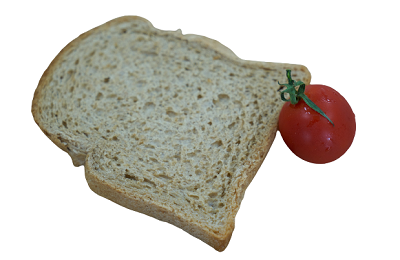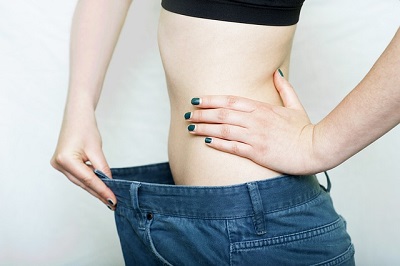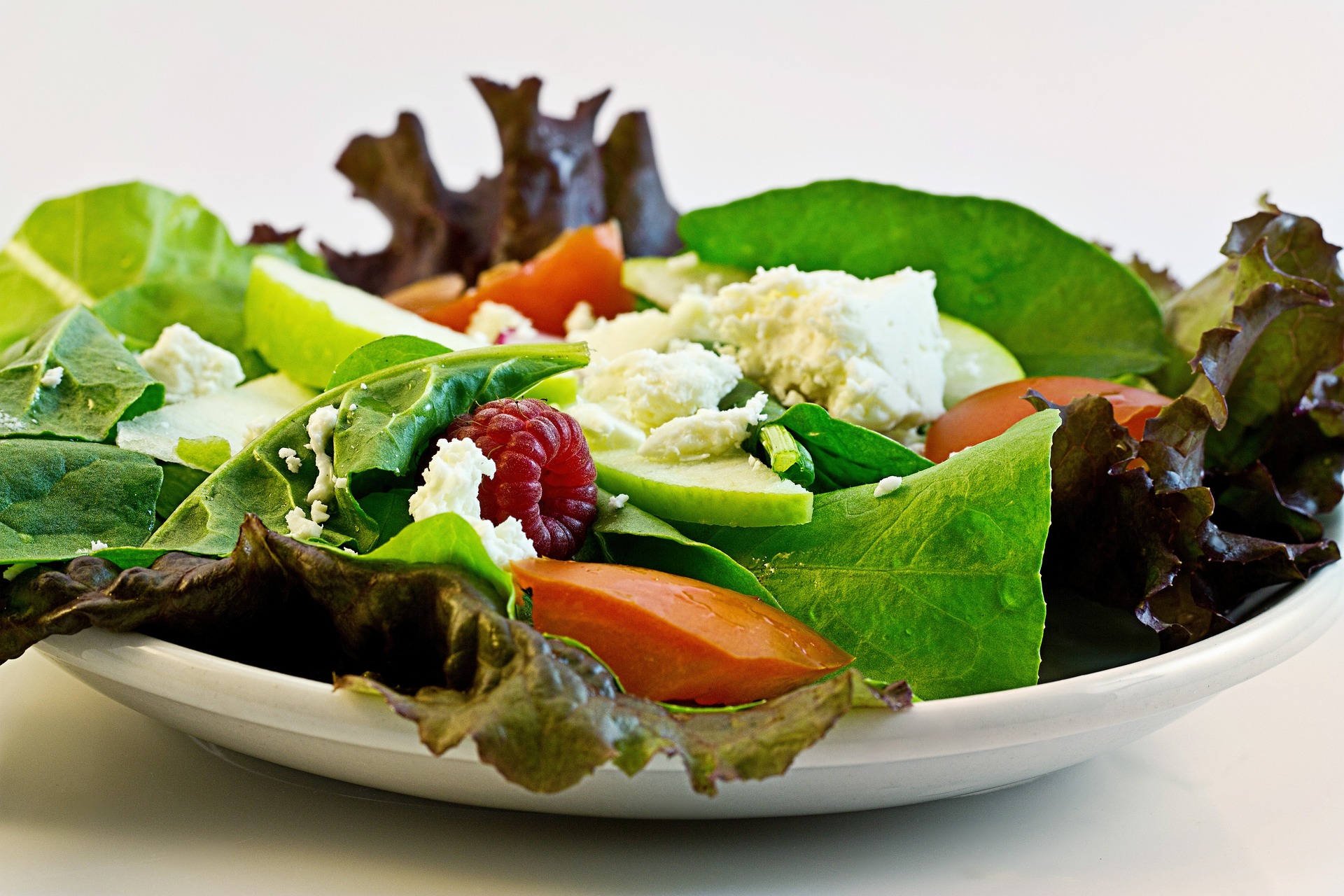Nowadays there are trendy weight loss diets like Atkins, The Zone, Sugar Busters, all linked together in one aspect: very low carbohydrate content. Do carbs make us gain weight? We will try to answer this question further in the article.
What are Carbs?

But after all what are carbs? Carbohydrates or sugars are an important class of nutrients, mainly used in body energy for their role. 1 gram of carbohydrates generates 4 kilocalories. They are the main source of energy for the body, being readily available and can be stored as muscle glycogen level. The main secret lies in choosing exactly the right carbohydrates and the quantity required.
Simple carbohydrates are found in foods such as honey, refined sweets and juices, being quickly digested and used immediately for energy. These carbohydrates quickly raise blood sugar (blood glucose). Before an intense cardio workout, using simple carbohydrates is a good idea (unless you are on a weight loss diet).
The idea of low-carbohydrate diets could be summarized as: eating too many carbohydrates will stimulate the insulin production, which will lead to overeating, obesity and eventually to insulin resistance. Excess carbohydrates are converted to fat in the blood under the influence of insulin, which are then stored in the fat cells.
How much is “low carbs”?
- Nutritionists recommended to consume no less than 120 grams of carbs per day
- Recommended daily dose (RDA) is 300 g of carbohydrates for a weight loss diet of 2000 kcal (ie about 60% of total caloric intake)
- Atkins diet initially recommended 20 g / day, ie less than 5%
- The Zone diet recommends maintaining the carbs at 40% of total daily calories
According to studies published in the New England Journal of Medicine, those who followed for 6 months diets with fewer carbohydrates lost more weight than those who followed a low fat diet. In addition, those who followed the Atkins regime have registered an increase in the level of HDL cholesterol (the “good” cholesterol). After a year since the cessation of weight loss courses, participants regained a third of their weight back.
There is no question that the diet with few carbohydrates are effective, but are they 100% safe?
Many nutritionists are not big fans of these diets. The main concern is about the fact that many foods are rich in protein and an important content of saturated fat and high fat diets are a favorable factor for heart disease, kidney and liver diseases, cancer, osteoporosis. Although I said earlier that the Atkins diet increases HDL cholesterol … well, doctors say it is only a minor benefit.
American Heart Association studied five of the most popular high-protein diets and concluded that they encourage a rapid decrease of weight, but the consequences of increased consumption of fat (subsequently to these diets) can be serious.
How does the perfect weight loss diet looks like?

Unfortunately, no definitive answers yet. But here are some useful ideas:
- Educate yourself continuously from reliable sources.
- Base yourself on instinct too. Any diet that restricts an entire group of foods that you know are healthy (eg, fruits) should raise serious questions.
- Choose the path of moderation. Carbs, proteins and fats are not enemies. Too much of each can be an enemy.
- Do not give up carbs completely. Choose those foods that contain complex carbohydrates (cereals, fruits, vegetables).
- Remember that most schemes are based on calorie deficit, meaning the effort to consume more calories than you bring in the body through food.
- Remember that physical effort is a basic component of “weight-loss program“.

